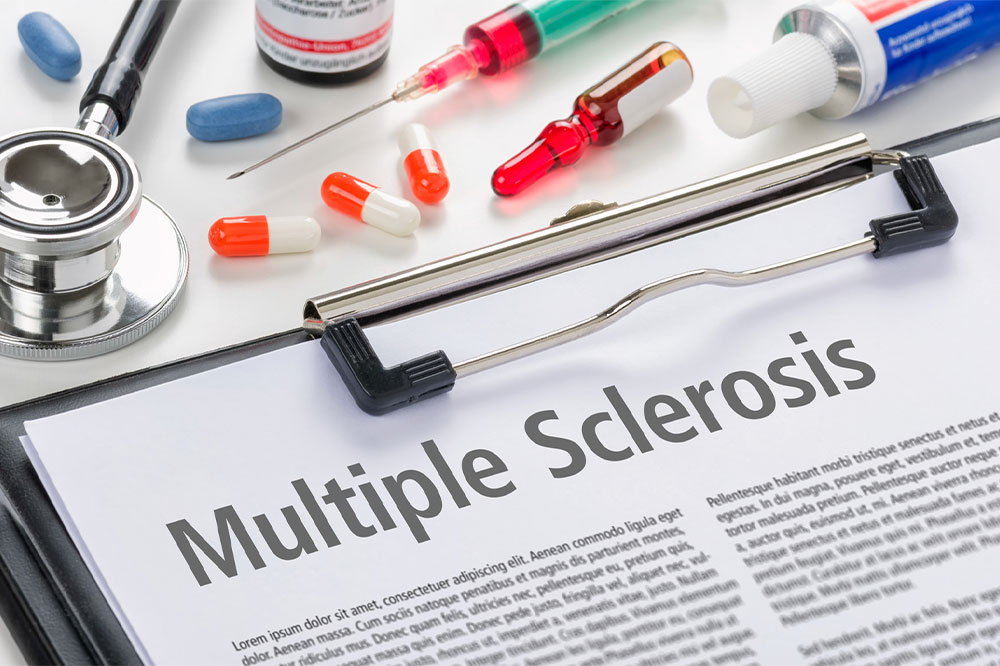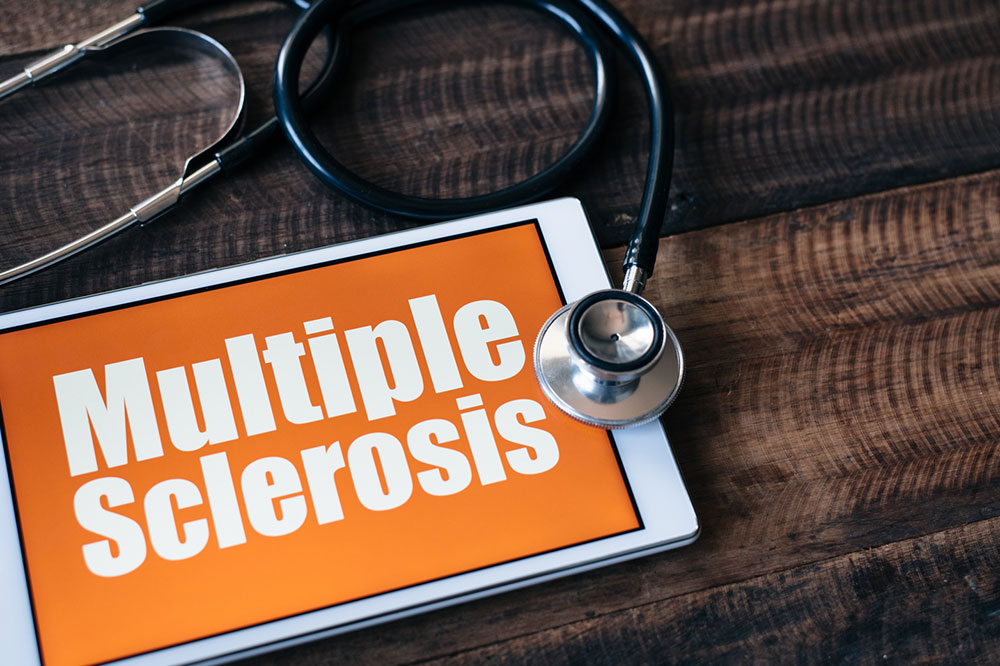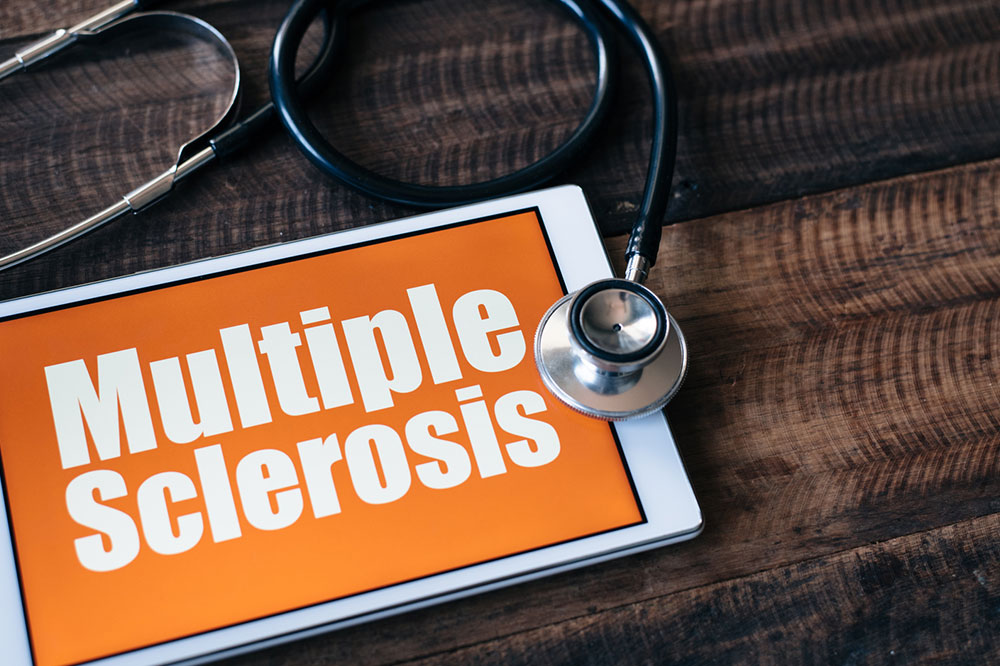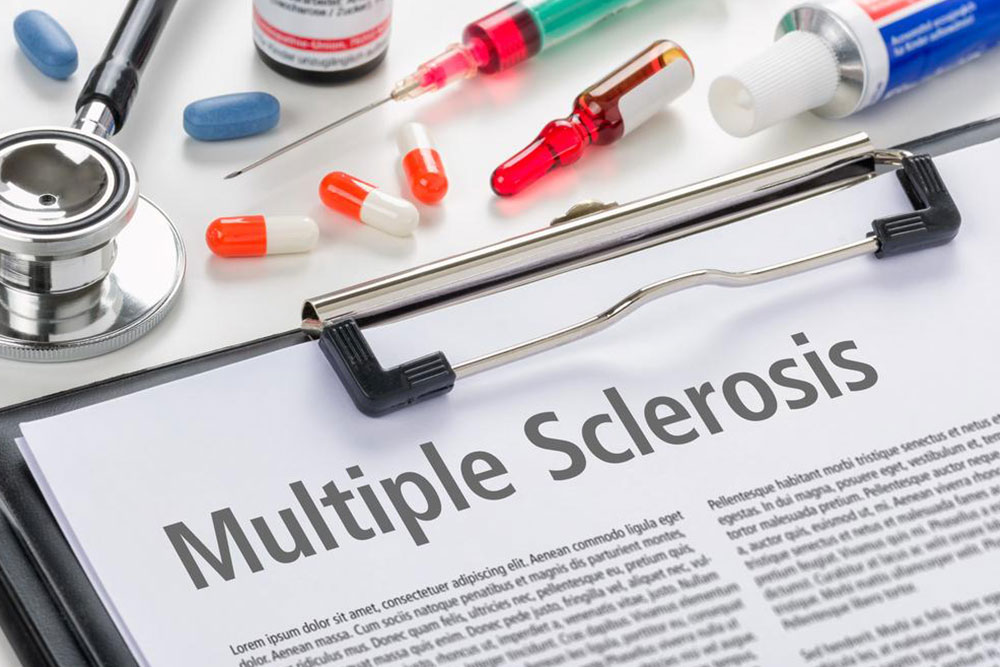Understanding Multiple Sclerosis: Types, Symptoms, and Treatment Strategies
This comprehensive overview details the types, symptoms, and management options for multiple sclerosis. It emphasizes early diagnosis, treatment strategies, and ongoing research to improve patient outcomes. The article aims to educate readers about the disease's progression, symptoms, and current therapies to enhance understanding and encourage proactive care.
Sponsored

Multiple sclerosis (MS) is an autoimmune condition that causes inflammation and damage to the myelin sheath surrounding nerve fibers in the central nervous system. This damage impairs nerve signal transmission, leading to physical disabilities in over 30% of cases within 20 to 25 years. MS often presents with episodes that happen months or years apart, affecting different parts of the body. It is a leading cause of disability in young adults worldwide.
Types and Progression of MS
MS is categorized into four main types:
Clinically isolated syndrome (CIS) – The initial episode with neurological symptoms lasting at least 24 hours. If a subsequent episode occurs, diagnosis shifts to relapse-remitting MS.
Relapse-remitting MS (RRMS) – The most common form, affecting approximately 85% of patients. It features episodes of new or worsening symptoms followed by periods of partial or complete recovery.
Primary progressive MS (PPMS) – Characterized by gradual worsening of symptoms from the start, with no clear relapses or remissions. About 15% of MS patients develop PPMS.
Secondary progressive MS (SPMS) – Begins with relapses and remissions but gradually progresses, leading to steady disability.
Early Signs of MS
Initial symptoms usually emerge between ages 20 and 40, including vision issues, numbness, muscle spasms, fatigue, dizziness, bladder or sexual problems, and cognitive challenges.
Additional Symptoms
Secondary symptoms arise from the body's reactions and may include physical weakness, emotional difficulties, and stress. Rare symptoms include hearing loss, seizures, tremors, breathing issues, and taste disturbances.
Managing MS
While there is no cure for MS, treatments aim to control symptoms and slow progression. Steroids are used during relapses to accelerate recovery, and various therapies address specific issues, including injectables and oral medications. Disease-modifying therapies reduce relapse frequency and may lessen disability severity. Progressive forms like PPMS lack curative options, but ongoing research aims to find effective treatments.
Medications such as beta interferons and Cladribine help manage nerve damage and symptoms. Diagnosis involves MRI scans, blood tests, CSF analysis, evoked potentials, and retinal imaging, as there is no single test for MS. Early diagnosis and management are essential for a better quality of life, with many patients maintaining normal lifespan with appropriate care and lifestyle choices.






